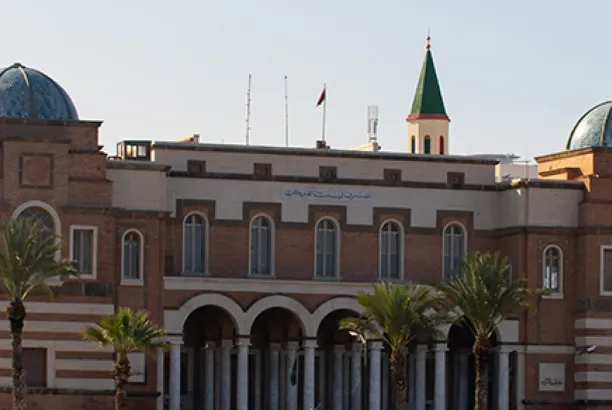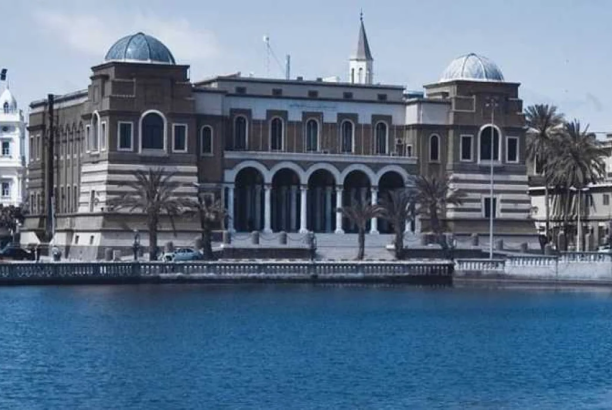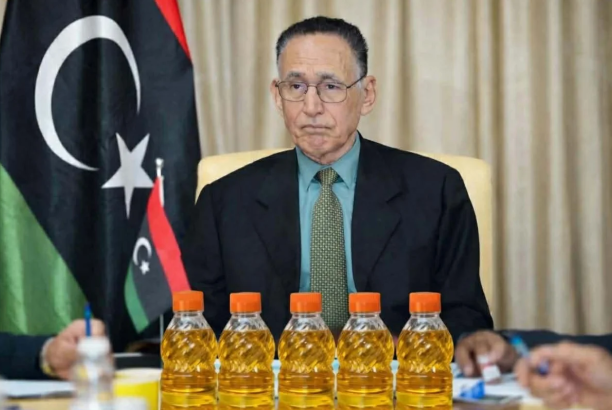
| News
Al-Ghziwi: “Activating International Agreements is a Key Element for Success in Transit Trade”
The Deputy General Manager of Takaful Insurance Company, Akram Al-Ghziwi, wrote an article in which he stated:
Transit trade presents a golden opportunity for Libya, benefiting from its strategic geographical location that connects North Africa to landlocked countries south of the Sahara, such as Chad and Niger, as well as neighboring countries like Tunisia and Algeria. By transforming transit trade from an informal smuggling activity into a legitimate and organized one, Libya can boost its economy and achieve sustainable development.
To initiate this process, Libya needs to improve its infrastructure by developing a network of roads linking southern ports and borders with neighboring countries. It is also important to modernize ports like Benghazi and Misrata, turning them into major hubs for transit trade.
This infrastructure will reduce transportation costs and increase the efficiency of goods delivery, making transit trade a profitable option for all parties involved.
Activating international agreements is a key element for success in this field. Libya must join international road transport agreements like the TIR (Transports Internationaux Routiers) system, which facilitates the movement of goods across borders in an organized and reliable manner. Additionally, economic cooperation with neighboring countries can be enhanced through bilateral agreements that regulate transit trade and clearly define responsibilities.
To ensure the success of these efforts, free trade zones can be established in strategic areas like Kufra. In these zones, tax and customs exemptions can be offered to encourage investors to engage in transit trade. This step will boost confidence among traders and investors, providing local job opportunities that contribute to economic activation.
Illegal transit trade based on smuggling needs to be transformed into a legal and transparent activity. This requires the creation of clear laws and regulations that govern transit trade and set necessary controls to prevent manipulation or corruption. Additionally, a specialized authority can be established to monitor and supervise transit operations, thereby enhancing trust and reducing illegal activities.
Enhancing logistics services is a fundamental pillar of this transformation. Modern warehouses should be provided at borders and ports to safely store transit goods. Furthermore, insurance services for goods during transportation can be offered, which will increase confidence among international traders.
Finally, it is important to promote Libya as a regional transit trade hub. This can be achieved by organizing international trade fairs and launching promotional campaigns that highlight the competitive advantages Libya offers. With these integrated efforts, Libya can become a key gateway for regional trade, contributing to diversifying its income sources and strengthening its economic stability.





